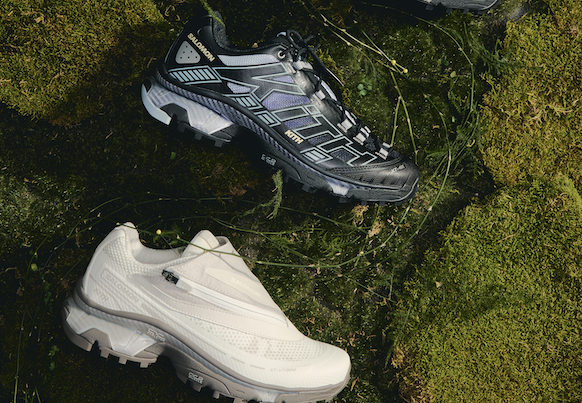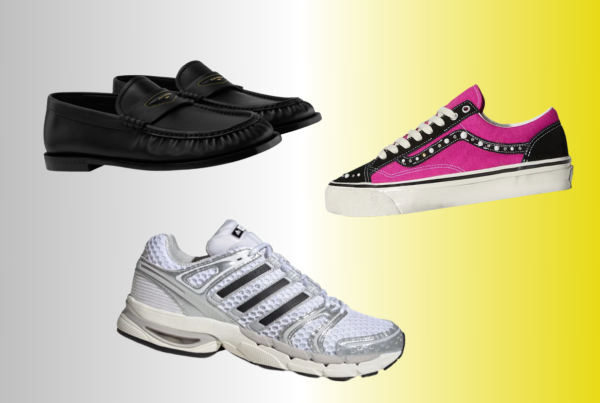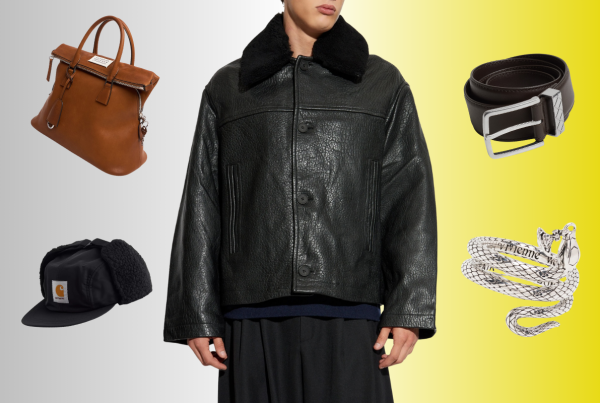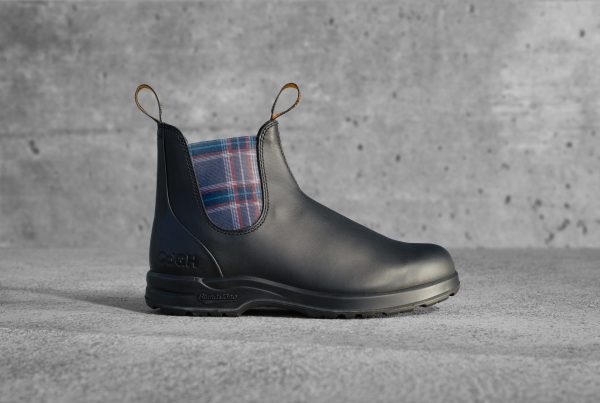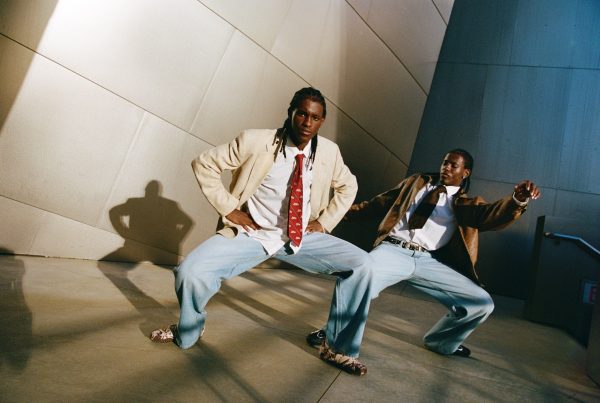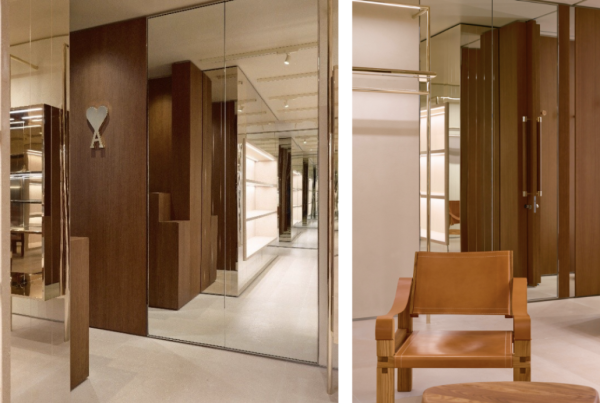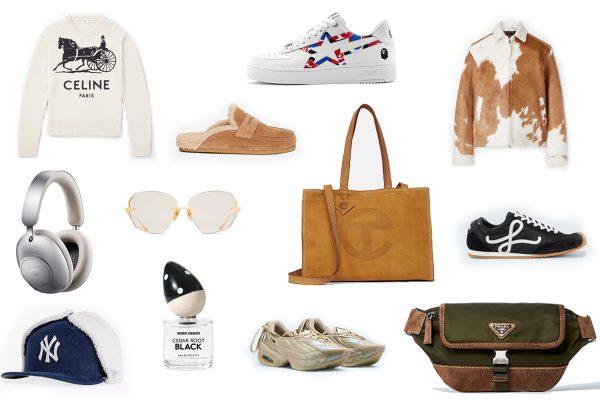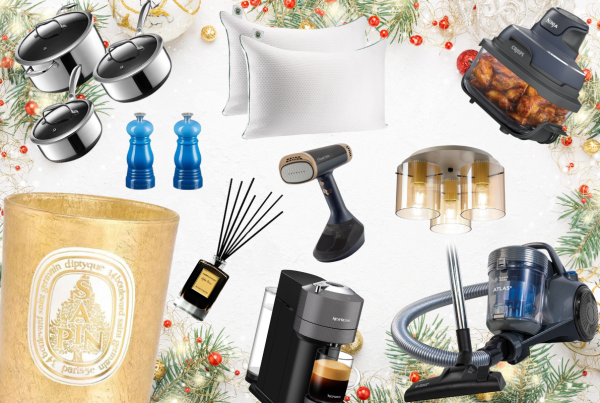
Protect Your Vision on Your Next Summer Adventure
Summer is the perfect time for travel, with many of us hitting the beaches, exploring new cities, or hiking through serene landscapes. However, amidst all the excitement, it’s easy to overlook one crucial aspect of our health—our eyes. This blog post dives into essential eye health tips specifically for those who love to travel during the summer months. Whether you’re a seasoned traveler or planning your first big trip, you’ll find valuable insights to keep your eyes healthy and your vision clear.
Understanding the Risks
How Summer Travel Affects Eye Health
Summer travel brings its own set of challenges for eye health. One of the most significant risks is UV exposure. Prolonged exposure to the sun’s UV rays can lead to conditions such as photokeratitis, cataracts, and even macular degeneration over time. It’s not just the beach or poolside where UV exposure is an issue; it’s equally important when you’re exploring urban areas or hiking in the mountains.
Dry eyes are another common issue during summer travel. Different climates, air-conditioned environments, and extended periods spent in front of digital screens can all contribute to eye dryness and discomfort. Additionally, travel fatigue can add to the strain on your eyes, making them more susceptible to irritation and other problems.
Tips to Protect Your Eyes
Use Sunglasses with UV Protection
One of the simplest yet most effective ways to protect your eyes during summer travel is investing in high-quality sunglasses. Look for sunglasses that offer 100% UV protection. Brands like Versace eyeglasses and Tom Ford glasses provide stylish options with excellent UV protection. Wearing these can significantly reduce the risk of UV-induced eye damage.
Stay Hydrated
Hydration plays a crucial role in maintaining eye health. Dehydration can lead to dry eyes and discomfort. Make sure to drink plenty of water throughout your travels. Carry a reusable water bottle as a reminder to stay hydrated.
Take Breaks from Digital Screens
In our digital age, it’s hard to escape screens even while traveling. Whether you’re using a tablet for navigation or a smartphone to capture moments, screens are everywhere. Follow the 20-20-20 rule to give your eyes a break. Every 20 minutes, look at something 20 feet away for at least 20 seconds. This simple habit can help reduce eye strain.
Pack Essential Eye Care Items
Prepare an eye care kit before you leave. Include items like lubricating eye drops, a clean microfiber cloth for your Versace eyeglasses, and any prescription medications you may need. Having these on hand ensures that you’re ready for any minor eye discomfort during your trip.
The Role of Nutrition
Importance of a Balanced Diet for Eye Health
A balanced diet is vital for overall health, including your eyes. Nutrients like omega-3 fatty acids, vitamin C, and zinc can help maintain eye health and prevent conditions like dry eyes and macular degeneration.
Specific Foods and Supplements
Incorporate foods rich in these nutrients into your diet. For instance, fatty fish like salmon, nuts and seeds, citrus fruits, and leafy greens are excellent choices. Supplements can also be beneficial, especially if your diet lacks certain nutrients. Consult a healthcare provider before starting any new supplement regimen to ensure it fits your health needs.
Eye Health on the Go
Adjusting to New Time Zones
Jet lag can take a toll on your eyes, causing fatigue and strain. To combat this, try to adjust to the new time zone a few days before your departure. Once you arrive, spend time outdoors in natural light to help reset your internal clock.
Protecting Against Irritants
Different environments pose various irritants to your eyes. Whether it’s chlorine in swimming pools, dust on hiking trails, or pollen in the air, protecting your eyes is crucial. Wear protective eyewear, such as goggles or wraparound sunglasses, to shield your eyes from these irritants.
Managing Contact Lenses
If you wear contact lenses, manage them carefully while traveling. Ensure you have enough lens solution and a backup pair of lenses or glasses. Consider using daily disposable lenses to reduce the risk of infection and make your travel routine more convenient.
When to Seek Professional Help
Signs You Need Professional Eye Care
It’s essential to know when to seek professional help for eye issues. Persistent redness, pain, blurred vision, or sensitivity to light are signs that you should consult an eye care professional. Ignoring these symptoms can lead to more severe problems.
Finding Eye Care Services Abroad
Research and identify eye care services available at your travel destination before you depart. Many countries have reputable eye care professionals who can assist you. Keep a list of local clinics and their contact information as part of your travel plan.
Conclusion
Traveling during the summer is a fantastic way to explore new places and create lasting memories. However, it’s essential to keep your eye health in mind to enjoy your adventures fully. By understanding the risks, following protective measures, and knowing when to seek professional help, you can ensure your vision remains clear and comfortable throughout your travels.









